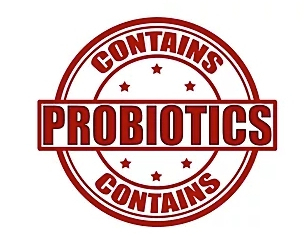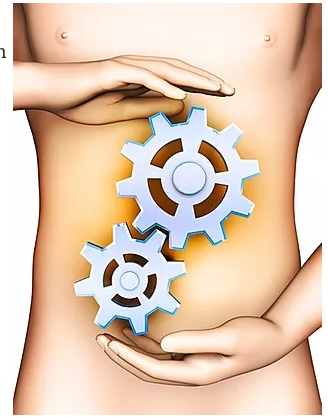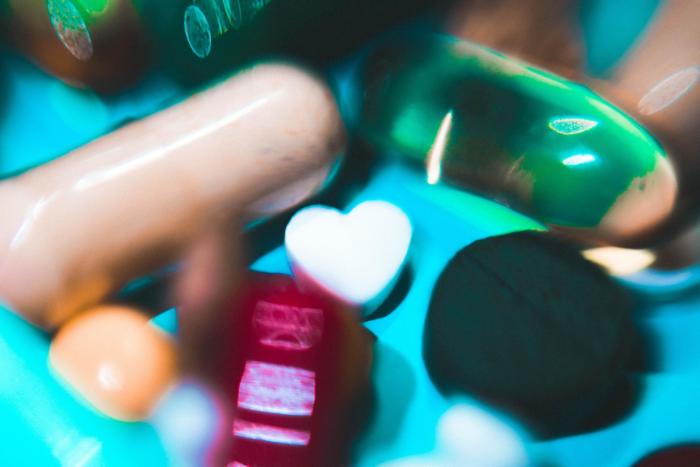Probiotics is big business here in New Zealand and estimated to be over $30 billion dollars worldwide. But is this a wonder product delivering the good bacteria the body needs and serves as our health saviour or is it just another food fad?
There are almost 1,000 different types of good bacteria that naturally live in our stomach helping regulate our bowels, break down the foods we eat and absorb nutrients. This good bacteria is often killed off by modern-day medicines and antibiotics disrupting our internal flow.
Bad bacteria contribute to malabsorption leading to diarrhoea and promotes gas production causing bloating and cramping. They can also promote the production of toxins leading to more serious problems including changes in the bowels leading to colon cancer.

Probiotics repopulate the digestive tract with the healthy bacteria restoring our natural balance.
Pharmacy led Probiotics NZ say they are seeing an increase in intestinal digestive disorders and bowel irregularities.
“We are seeing many people with conditions that have resulted from taking too many antibiotic courses.”
They emphasize laying good foundations within the stomach with friendly bacteria is the key to better health.
Probiotics can help with our overall digestive health, ward off infections and boost our immune system. Patients with Irritable bowel syndrome, Chrone’s disease, abdominal cramps, bloating, diarrhoea and constipation and even urinary tract infections can benefit from probiotics.
Research from Stamford University in 2006 suggests probiotics can also help fight obesity. Obese people displayed different stomach bacteria to people with a healthy weight indicating the stomach plays a role in weight although it’s still a little unclear how much of a role.
NZ is leading the way in childhood obesity with over 36% of children considered overweight or obese so a daily dose of probiotics should be on the menu.
Are we wasting our money?
Not all probiotics are created equal. It can get confusing trying to figure out which is the best probiotic to purchase. There are many forms of probiotics on the market depending on species and strain of bacteria such as Lactobacillus, Acidophilus, Rhamnosus or Plantarum.
Firstly, they must all survive the acidic conditions of the stomach and evade digestion of the small intestine.
With six out of ten UK households regularly buying probiotics, Scientists at University College in London put eight probiotic drinks through three tests with all failing bar one.
They investigated whether the products contained as many live bacteria as they claimed, whether the bacteria survived in the stomach and whether they flourished in the stomach.
Symprove, a water-based Barley drink was the overall winner. Dr Simon Gaisford, the study author from UCL’s school of pharmacy said,
“I certainly wouldn’t buy a product where nothing seems to be getting through. Just swallowing them is no good if the stomach then kills everything.”
At the time of writing, you could purchase Symprove in New Zealand via Fishpond.
Tips for a healthier stomach
It’s all about balance. We need to choose the right probiotic to enhance our stomach and find ways to reduce the bad bacteria.
The recommended daily probiotic dosage is around 5 billion units of probiotic cultures for daily health maintenance and 15 billion-20 billion when you are treating a specific condition.
Try supplementing your diet with probiotic-rich foods such as unpasteurised miso, live-cultured pickles, tempeh, unsweetened kefir and yoghurt, as well as kombucha teas and algae which can be picked up from local health food stores.

Keep a lookout for a Kiwi owned company producing enhanced NZ spring water drinks called VitalZing (RRP $3.50). They have invented a dosage cap that allows the active ingredients to be stored in powder form, before being blasted and shaken into the water directly before drinking.
To avoid creating bad bacteria doctors advise against colon cleanses unless it is to prepare the bowel for a colonoscopy, (a medical procedure where a camera inserted into the bottom to check the bowel).
The cleanse kills off all the good bacteria so you need to restore with probiotics after the procedure.
Only take antibiotics when necessary and prescribed by your Doctor. Antibiotics kill off good bacteria as well as bad. Antibiotics can also give patients diarrhoea so a daily dose of probiotics after an antibiotic course will help restore what was lost.
Try to avoid diet drinks with an artificial sweetener such as saccharin, aspartame and sucralose as these can also kill off good bacteria. Choosing natural sweeteners such as Stevia instead will help balance out your inner health.
(Note: There are no current FDA approved health claims for probiotics.)

